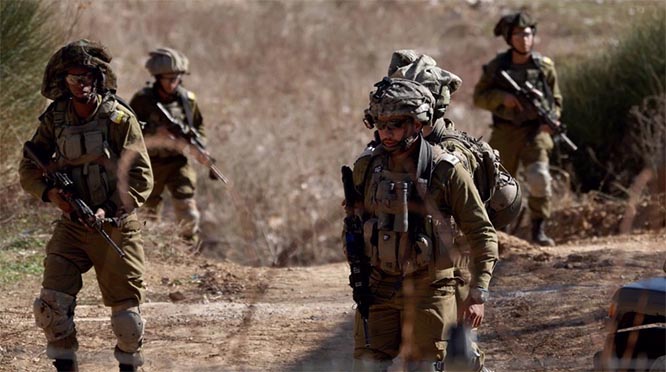Dubai, Jun 13: Saudi Arabia’s Deputy Minister of Defense slammed that Iranian regime for “spreading chaos” in the Middle East by backing terrorist organisations such as Yemen’s Houthi militia.
“For 40 years, the Iranian regime has been spreading chaos, death and destruction, by sponsoring and financing terrorist organizations including the Houthis,” Prince Khalid bin Salman said in a post on his Twitter account.
The newly appointed minister’s comments came a day after the Iran-backed Houthi militia attacked Abha International Airport in the southwestern province of Asir. The attack injured 26 people, including three women two children.
“The targeting of Abha Airport by Iranian-backed Houthi militia and injuring innocent civilians of various nationalities, is a continuation of their immoral and criminal behavior that is in line with the malign behavior of their patrons,” the Prince said.
The minister blamed the Iranian regime as the only party in the region that pursues “reckless escalation through the use of ballistic missiles and drones to target civilian installations and civilians.
He concluded by saying that the continuation of the Iranian regime’s “aggression and reckless escalation, whether directly or through its militias, will result in grave consequences.”
“The international community must carry out its responsibility to avoid this outcome,” he added.







Comments
Add new comment